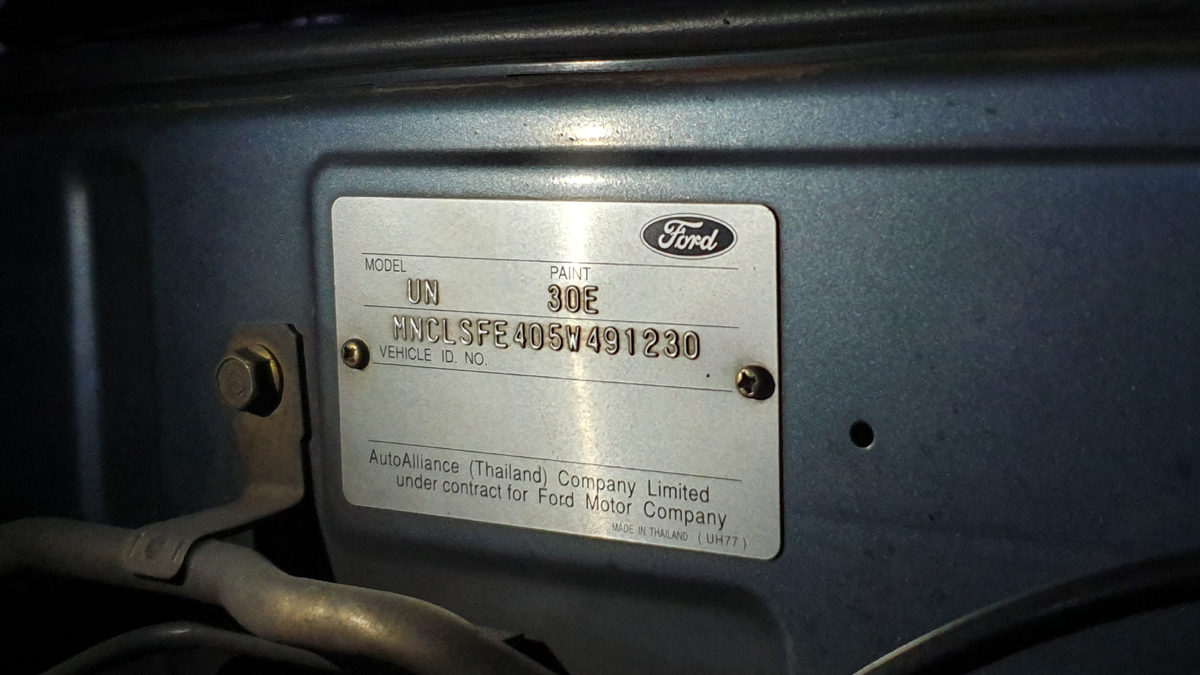Surely, you have used the VIN code for many things in your relationship with your car, whether it be dictated by an after-sales service or entered on a spare parts website or service calls, but what is that string of numbers and letters that appears in some places and documentation of your car?
What is the VIN number or code?
To begin, you should know that VIN is the acronym for Vehicle Identification Number, which you can free-check on https://checkcar4free.com/. It is a set of numbers and letters made up of 17 characters that help us to decipher a lot about our car as well as to obtain a lot of useful information. You should know that it is a global harmonization number used by all car manufacturers and beware because it is a unique combination of numbers and letters for each unit.
It is more than possible that in the market of classic vehicles (old second-hand models), we will not find the VIN. And it is because the VIN number has been applied in the market since 1980-1981. Before this date, each manufacturer had its own code with a unique alphanumeric system.
What is the VIN for?
As you are told, the VIN code or number is a unique identification tool that insurers, authorities, after-sales services, spare parts stores, and even the manufacturer itself constantly use to identify a specific vehicle and know all the details about it. However, where can you find the VIN code or number? As a general rule and with some exceptions, the VIN code is present in the lower right part of the front window, in some parts of the interior of the vehicle, on the driver’s door sill, in the engine compartment (next to the chassis), and of course, in the documentation of the vehicle itself.
How WMI code is decoded?
The VIN code is made up of 17 characters. The first three characters indicate the World Manufacturer Identifier (WMI). It is a unique combination that each of the manufacturers worldwide has and allows us to decipher the manufacturer and the place of manufacture. The first digit of the VIN number is the country of origin or the final processing plant. For example, if they start with 1, 4 or 5 it indicates that it was manufactured in the United States, 2 in Canada, 3 in Mexico, MA – ME in India, VA – h and VE in Austria, 6A – 6W in Australia, and so on. The second character identifies the manufacturing company. For example, Audi (A), BMW (B), Buick (4), Ford (F), Cadillac (6), Chevrolet (C), Chrysler (C), and so on. The third character combined with the first two can identify the type of vehicle, such as whether it is a truck, pickup, SUV or passenger car.









